T4K3.news
Rail fares could rise up to 5.6% next year
England may see regulated rail fares rise by up to 5.6% in 2026 linked to July inflation readings.
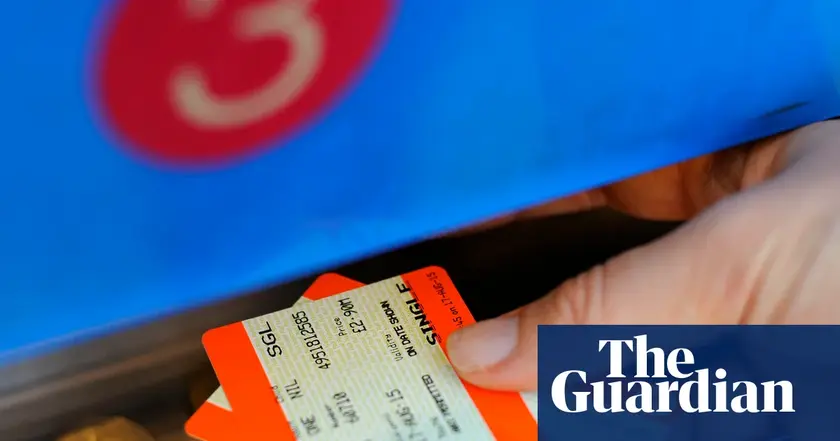
Campaigners warn that a rise in rail fares tied to July inflation could price passengers off trains, raising questions about affordability and government plans.
Rail fares in England could rise by "outrageous" 5.6% next year
England's rail fares may go up by as much as 5.6% next year, with regulated fares tied to the July inflation reading. City economists forecast the July RPI at about 4.6%, and if the pattern from last year repeats, regulated fares would rise 5.6% in 2026. The government has not yet confirmed its method for next year, and last March's rise was 4.6%, one percentage point above the July 2024 RPI. Regulated fares cover about half of rail journeys, including many commuter season tickets and some long-distance returns.
Railfuture spokesperson Bruce Williamson called the proposed rise outrageous and questioned any justification for lifting prices above inflation. He warned it could price passengers off trains and push demand onto a congested road network. He also suggested that a future move to public ownership could allow savings to be passed to passengers, though he fears Treasury spending could swallow them. The government says it aims to balance affordability for passengers and taxpayers while pursuing public ownership through plans like Great British Railways.
Key Takeaways
"outrageous"
Railfuture spokesperson on the proposed rise
"What would be the justification for jacking up fares above inflation? There isn’t any."
Critique of fare justification
"It’s ripping off the customer, driving people off the trains and on to our congested road network, which is in no one's interest."
Impact on riders and traffic
"The transport secretary has made clear her number one priority is getting the railways back to a place where people can rely on them."
Official government stance
The proposal exposes a broader clash over how reforming railways should be funded. Inflation-linked fare rises collide with public pressure for affordable travel and reliable service. The debate also echoes a longer fight over who pays for rail infrastructure when growth and climate goals require investment.
If public ownership becomes the main channel for reform, the political math shifts toward prioritizing riders and taxpayers over pure market returns. That shift could change how future fares are set, how fast improvements come, and who ultimately bears the costs.
Highlights
- outrageous price rise for rail fares
- What would be the justification for jacking up fares above inflation
- ripping off the customer driving people onto roads
- affordability must guide rail policy for both passengers and taxpayers
Potential budget and public reaction risk from fare rises
Rising fares tied to inflation could strain households and provoke political backlash. The move sits at the heart of ongoing rail reform debates and questions about public ownership.
As plans unfold, affordability remains a test for public trust
Enjoyed this? Let your friends know!
Related News
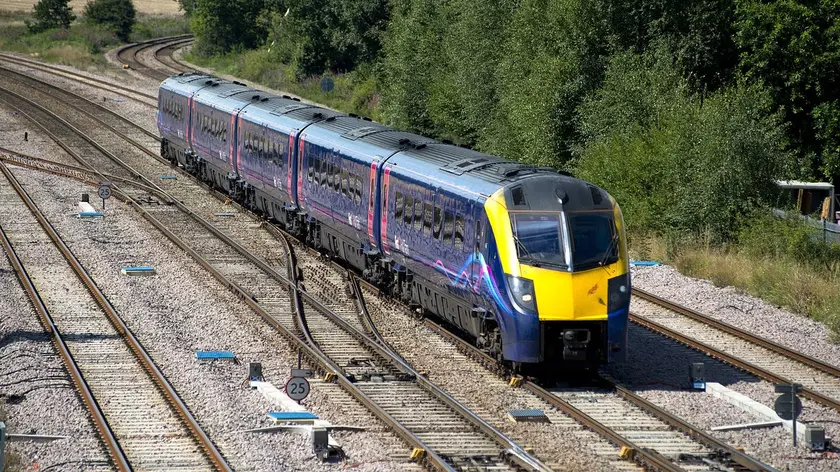
Rail fares could rise next year
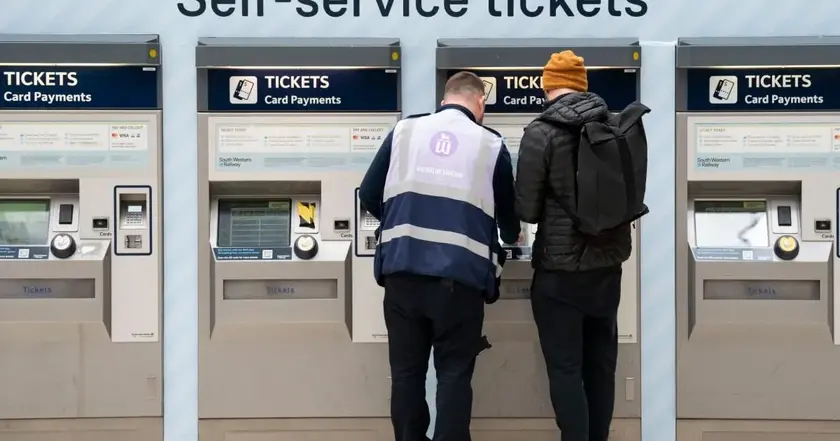
Rail fares set to climb next year
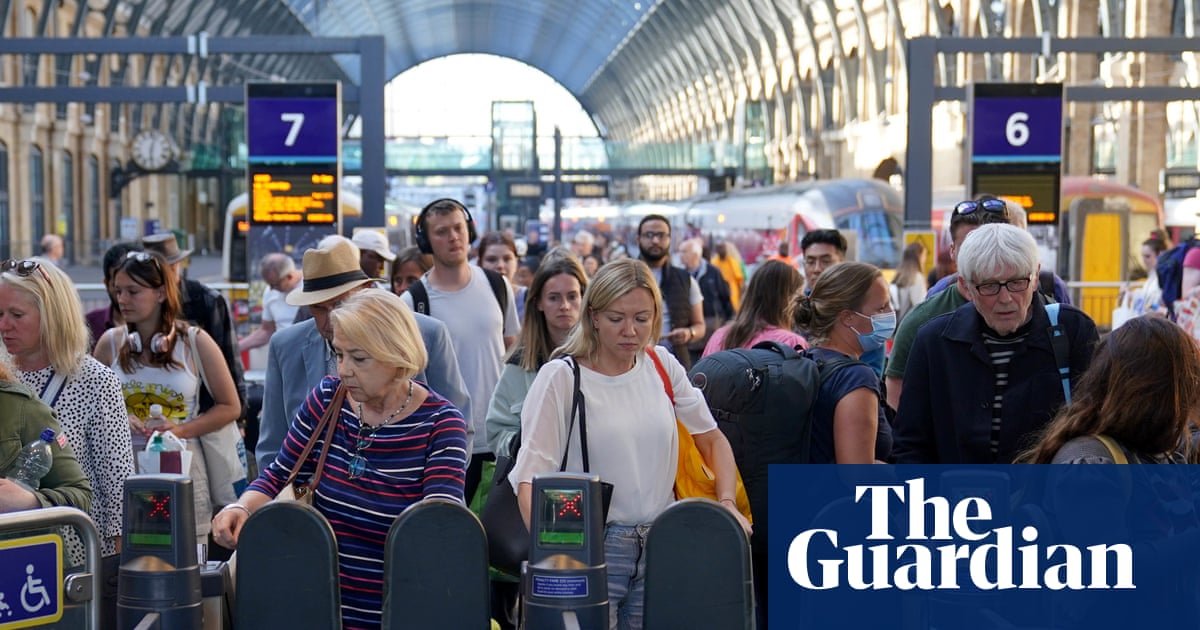
Rail fares in Britain increase by 5.1%

A level results show regional gaps persist

Indie films lead weekend box office
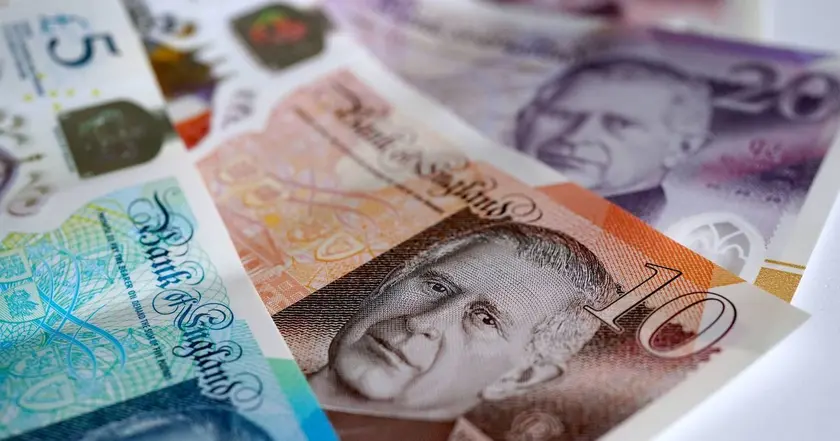
State Pension age rises to 67 beginning in 2026

State Pension Age to Rise Starting 2026
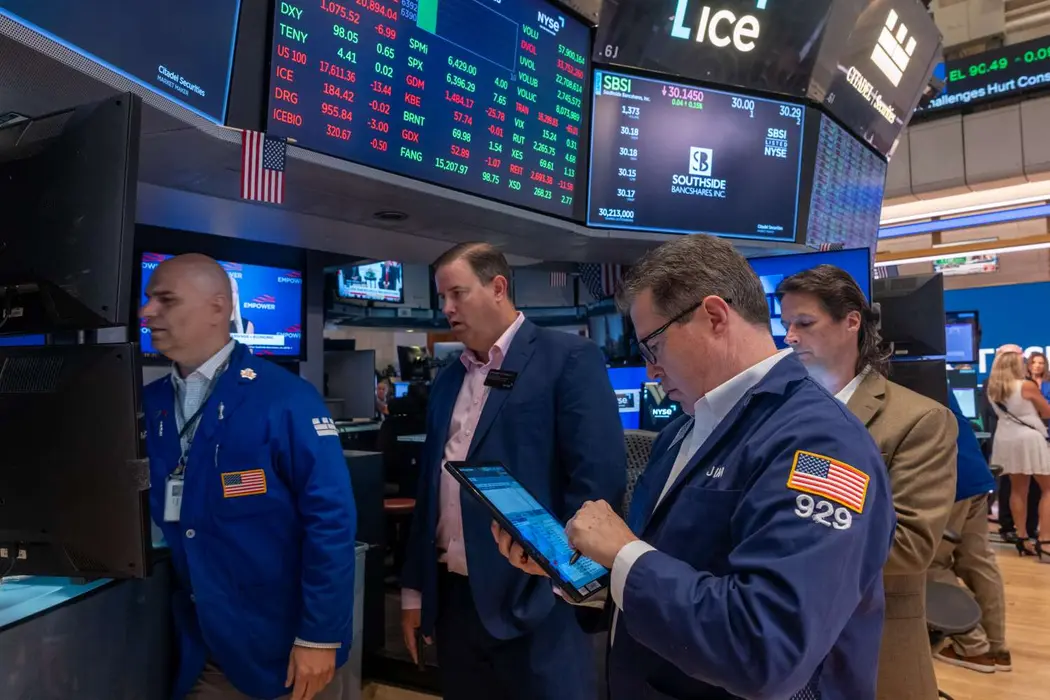
Stock Markets Climb as Earnings Reports Approach
